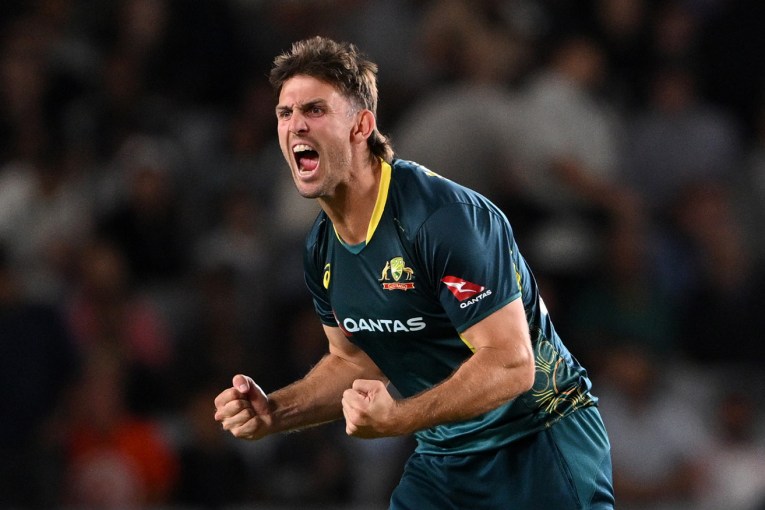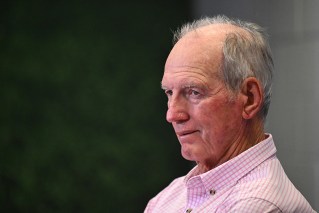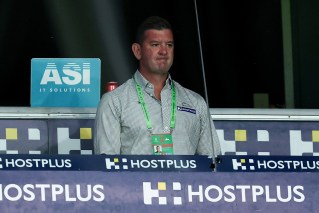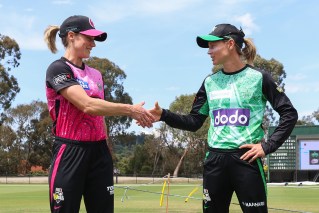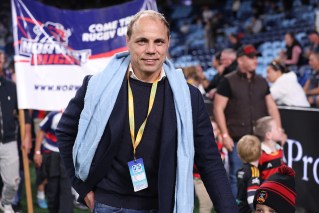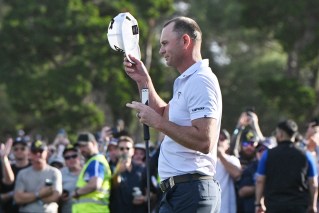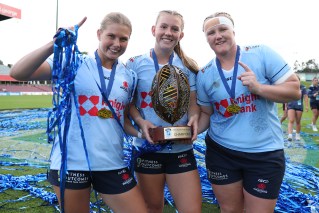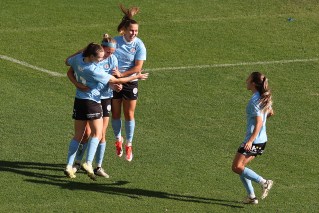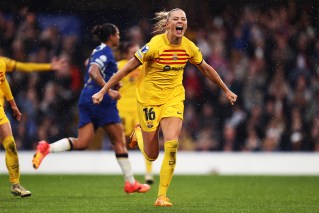Sport in chaos: Kiwis look to home, as isolation bans kick in

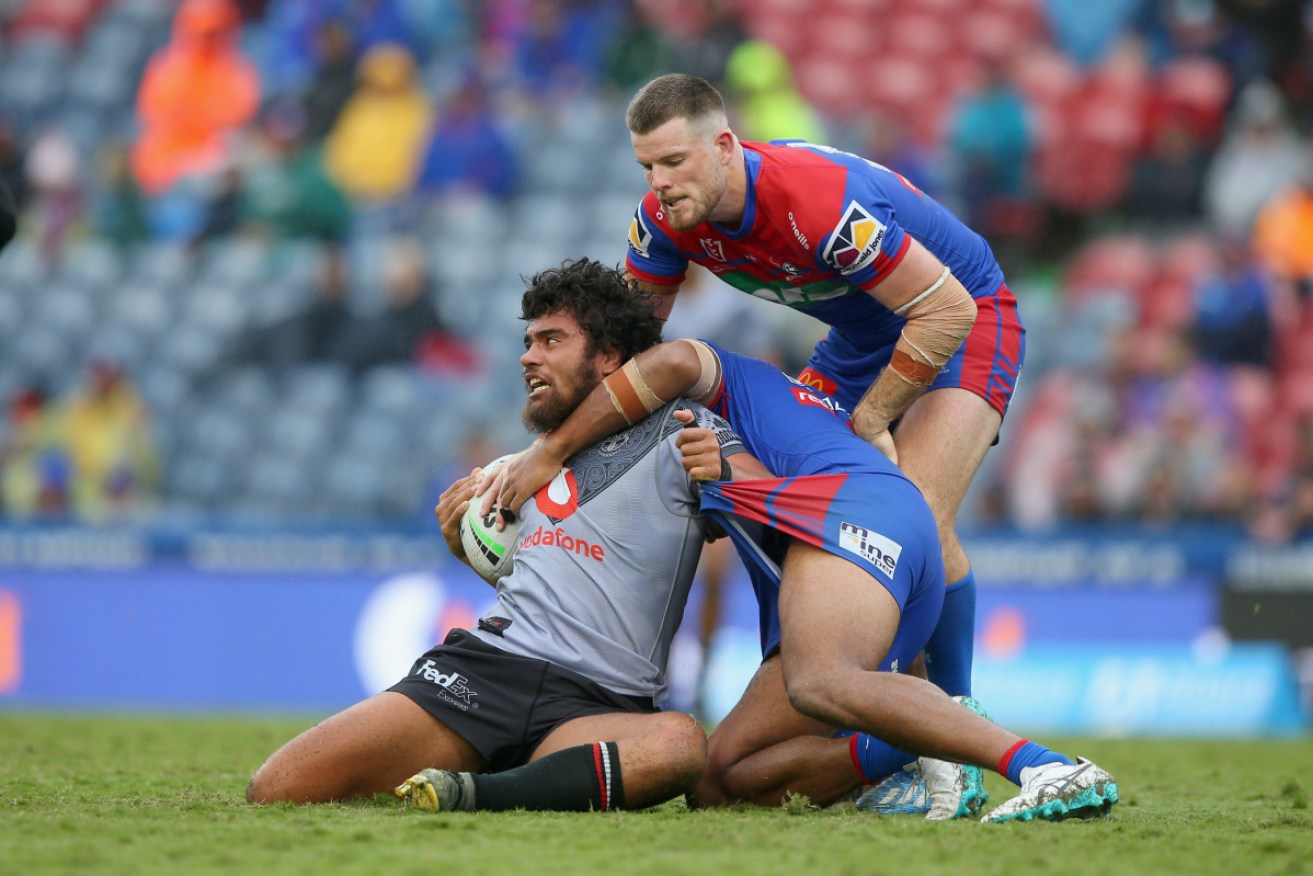
In a bind: Isaiah Papali’i of the New Zealand Warriors is tackled by the Knights defence on Saturday. Photo: Getty
The NRL’s Auckland Warriors are staying in Australia, but only for now, as events caused by the coronavirus pandemic smash through sport’s comfortable world of big dollars and media set pieces.
And it seems – just like the formula one drivers before them – NRL’s players are getting restless, with Melbourne Storm’s Cameron Smith on Sunday saying the season needed to be suspended.
“This thing is bigger than rugby league,” Smith said.
“This affects more than just rugby league and rugby league players … after finishing these matches on weekends, we go back to our families.
There are several players in our squad who are going back to their families who have new-born babies.
“Craig (Bellamy) has an elderly mother. My parents are in their 60s. Craig is in his 60s. But listening to medical advice, he is in the risk bracket.
“If we make a decision to suspend the competition for a couple of weeks, it gives everyone an opportunity to sum up the situation a lot better rather than being reactive daily or hourly.”
As the seismic shockwaves cause the outbreak became clearer to Australians on the weekend, the NRL, A-League and Cricket Australia had the biggest decisions to make.
All have New Zealand teams and each has offered a different solution to the problem.
But – unlike the usual damage control measures that these competitions have kept faith with in times of scandal and strife – there has been no spinning the fact that all clubs are hostage to fast-moving events.
It took just 24 hours for the Kiwi travel/isolation ban to be taken up by the Australian government as it sought to catch up with the global emergency having all but ignored the growing transmission rates overseas throughout February and March.
Cricket had immediately cancelled its Chappell-Hadlee ODI series after PM Jacinda Adern’s policy was announced, sending the Black Caps players home.
The A-League adopted a wait-and-see attitude that did not pay off for the third-placed Wellington Phoenix.
The New Zealand team defeated Melbourne Victory at home on Sunday and shortly after decided to relocate to Australia on Tuesday with players to endure a 14-day isolation.
The Victory players also ended up in a bind, trying desperately to get back on flights to Melbourne on Sunday night.

Wellington fans at the A-League match against Melbourne Victory. Photo: Getty
The NRL also rolled the dice on keeping the Warriors in Australia, announcing the club would set up shop at the NSW north coast town of Kingscliff and would play their scheduled ‘home’ game against Canberra on the Gold Coast next Sunday.
Within hours though PM Scott Morrison’s move to match the NZ restrictions meant the Warriors were stuck in Australia and their families could not feasibly join them.
Warriors boss Cameron George said his team will decide again next week if they want to stay in the NRL season.
Players Peta Hiku and Patrick Herbert had already returned home for family reasons, and the Warriors now have the problem of only having a few reserve graders in Australia if injury – or the virus – strikes.
“We’ll make some big decisions at the end of the week, and it will be based on family and player outcomes,” George told AAP.
There was a lot of devastated players there yesterday, grown men with tears in their eyes because it is really a difficult period to endure.
“It’s a reality (not being able to play in the competition).
“It’s on the table. We get through this weekend and we’ve got to make a decision with the players.
“Do we continue to do this week-by-week scenario? Or if the players want to choose to come home they come home.
“That could change during the week; some of the players could want to come home during the week.”

Peta Hiku heads home to New Zealand where his young family was waiting. Photo: Getty
As the greatest spinner in sport, the AFL is yet to show its hand on how it plans to manage the season going forward, but stay tuned for numerous ideas pilfered from the US that administrators have wanted to try for years.
Shorter games, fewer players on field, conference systems and double-headers could all be part of the solution as the league looks to a hiatus in April-May when the pandemic is tipped to peak.
Round 1 is due to start on Thursday night with the Richmond versus Carlton match that traditionally draws a crowd of more than 75,000.
Instead it is slated to be played in an empty MCG, with lights blazing and a minimum of interaction between support staff.
How long the league can keep that up remains to be seen, with many clubs issuing ‘chin up’ media releases on the weekend, but also warning of dire financial losses going forward.
News Corp reported that Geelong was estimating a loss of $1 million for every home match it could not play while the crisis unfolds.
That’s why the intention is clearly to try and keep the lights on and the players healthy so that the lucrative broadcast rights can continue to bring in the cash – and also entertain a nation of footy fans sitting at home in self-isolation.

AFL players will have to get used to no fans at the footy. Photo: Getty
However, sport in Australia is now hostage to one positive diagnosis from one team – likely across codes.
As the Australian Grand Prix organisers discovered to their cost, once there was a positive test in one team the event was all but over.
The formula one paddock split over the rights and wrongs of pushing forward with Sunday’s Melbourne race and senior drivers also rebelled as they weighed the likelihood of being stuck in Australia.
By the end of this week those sporting Kiwis still on our shores may decide they might be also be better off taking their chance under the long white cloud of home.
